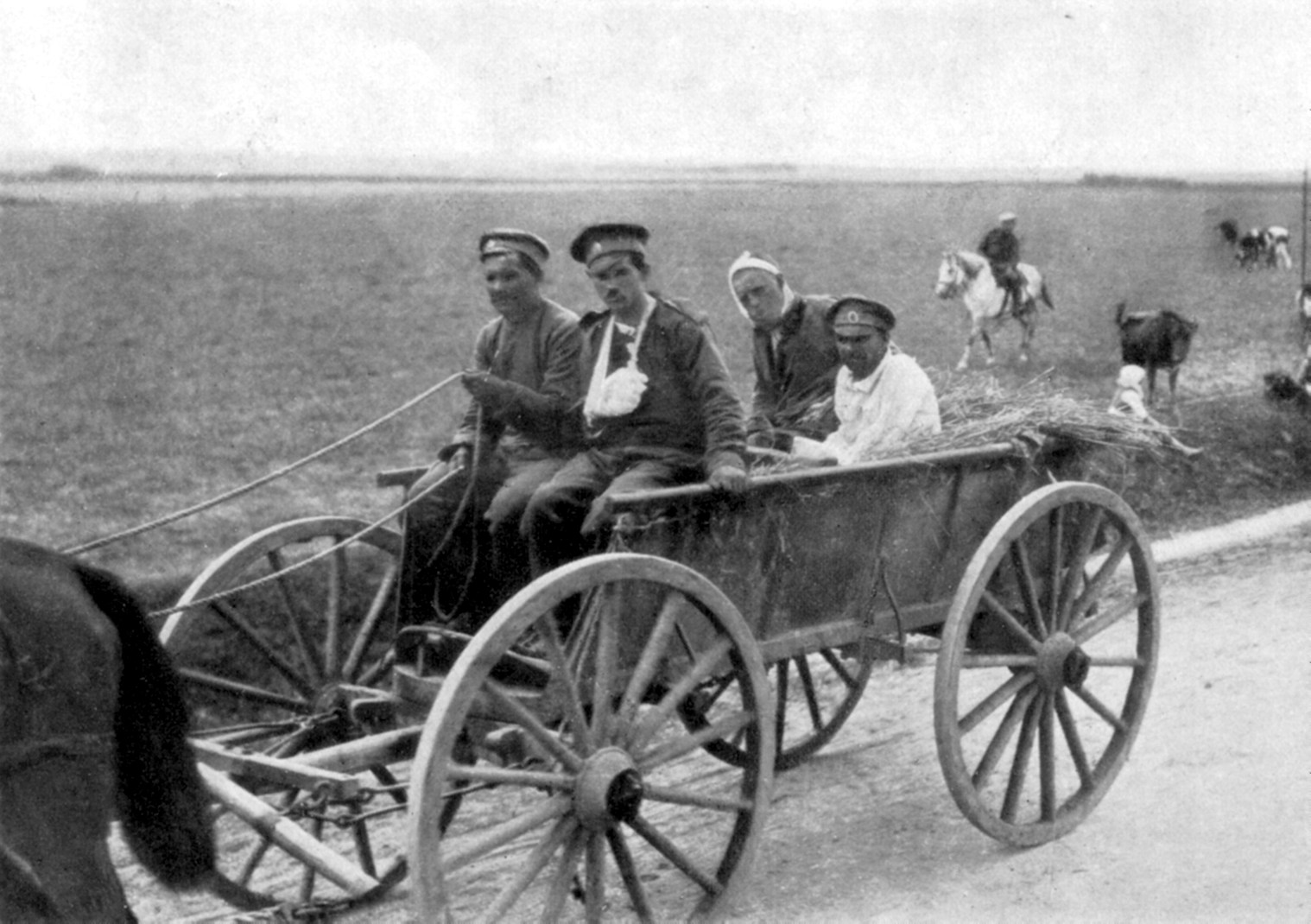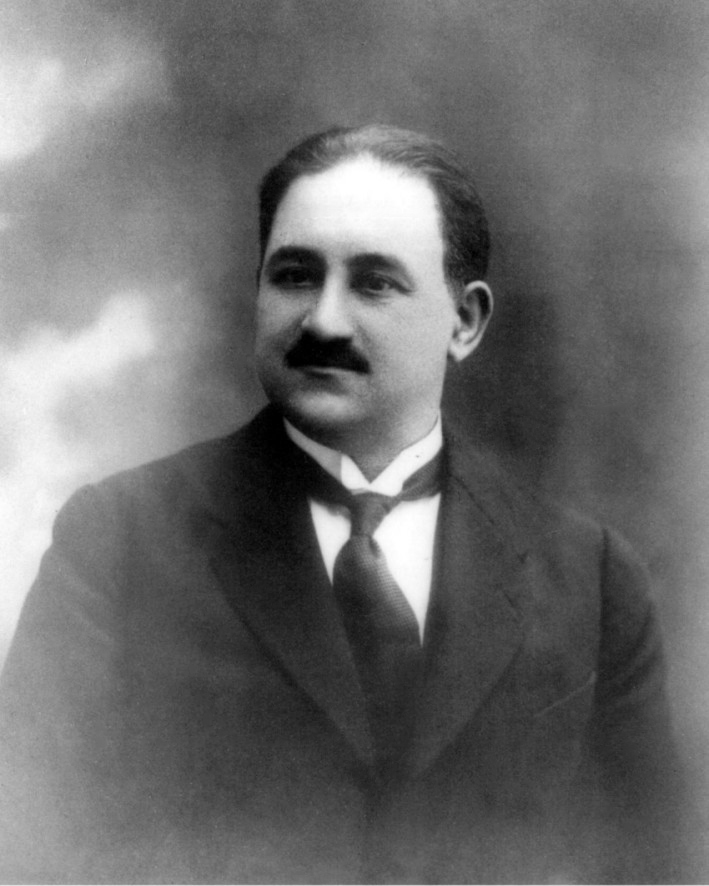|
Russian Constituent Assembly
The All Russian Constituent Assembly () was a constituent assembly convened in Russia after the February Revolution of 1917. It met for 13 hours, from 4 p.m. to 5 a.m., , whereupon it was dissolved by the Bolshevik-led All-Russian Central Executive Committee,The Bolsheviks: the intellectual and political history of the triumph of communism in Russia : with a new preface. Adam Bruno Ulam. Harvard University Press. p. 397.The Rise and Fall of the Soviet Union. Richard Sakwa. p. 73Russia in War and Revolution: General William V. Judson's Accounts from Petrograd, 1917-1918. William Voorhees Judson. Kent State University Press. p. 229How the Soviet Union is Governed. Jerry F. Hough. p. 80 proclaiming the Third All-Russian Congress of Soviets the new governing body of Russia.Russia in the Twentieth Century: The Quest for Stability. David R. Marples. p. 38How the Soviet Union is Governed. Jerry F. Hough. p. 81The Life and Times of Soviet Socialism. Alex F. Dowlah, John E. Elliott. ... [...More Info...] [...Related Items...] OR: [Wikipedia] [Google] [Baidu] |
Constituent Assembly
A constituent assembly (also known as a constitutional convention, constitutional congress, or constitutional assembly) is a body assembled for the purpose of drafting or revising a constitution. Members of a constituent assembly may be elected by popular vote, drawn by sortition, appointed, or some combination of these methods. Assemblies are typically considered distinct from a regular legislature, although members of the legislature may compose a significant number or all of its members. As the fundamental document constituting a state, a constitution cannot normally be modified or amended by the state's normal legislative procedures in some jurisdictions; instead a constitutional convention or a constituent assembly, the rules for which are normally laid down in the constitution, must be set up. A constituent assembly is usually set up for its specific purpose, which it carries out in a relatively short time, after which the assembly is dissolved. A constituent assembly is a ... [...More Info...] [...Related Items...] OR: [Wikipedia] [Google] [Baidu] |
Bolsheviks
The Bolsheviks, led by Vladimir Lenin, were a radical Faction (political), faction of the Marxist Russian Social Democratic Labour Party (RSDLP) which split with the Mensheviks at the 2nd Congress of the Russian Social Democratic Labour Party, Second Party Congress in 1903. The Bolshevik party, formally established in 1912, seized power in Russia in the October Revolution of 1917, and was later renamed the Russian Communist Party, All-Union Communist Party, and ultimately the Communist Party of the Soviet Union. Its ideology, based on Leninism, Leninist and later Marxism–Leninism, Marxist–Leninist principles, became known as Bolshevism. The origin of the RSDLP split was Lenin's support for a smaller party of professional revolutionaries, as opposed to the Menshevik desire for a broad party membership. The influence of the factions fluctuated in the years up to 1912, when the RSDLP formally split in two. The political philosophy of the Bolsheviks was based on the Leninist pr ... [...More Info...] [...Related Items...] OR: [Wikipedia] [Google] [Baidu] |
February Revolution
The February Revolution (), known in Soviet historiography as the February Bourgeois Democratic Revolution and sometimes as the March Revolution or February Coup was the first of Russian Revolution, two revolutions which took place in Russia in 1917. The main events of the revolution took place in and near Petrograd (now Saint Petersburg), the then-capital of Russia, where long-standing discontent with the monarchy erupted into mass protests against food rationing on 23 February Old Style and New Style dates, Old Style (8 March Old Style and New Style dates, New Style). Revolutionary activity lasted about eight days, involving mass demonstrations and violent armed clashes with police and Special Corps of Gendarmes, gendarmes, the last loyal forces of the Russian monarchy. On 27 February O.S. (12 March N.S.), most of the forces of the capital's garrison sided with the revolutionaries. In the same day, the Russian Provisional Government, made up by left-leaning State Duma (Russ ... [...More Info...] [...Related Items...] OR: [Wikipedia] [Google] [Baidu] |
Russian Republic
The Russian Republic,. referred to as the Russian Democratic Federative Republic in the 1918 Constitution, was a short-lived state which controlled, ''de jure'', the territory of the former Russian Empire after its proclamation by the Russian Provisional Government on 1 September (14 September, ) 1917 in a decree signed by Alexander Kerensky as Minister-Chairman and Alexander Zarudny as Minister of Justice.The Russian Republic Proclaimed at prlib.ru, accessed 12 June 2017 The of the Russian Republic was dissolved after the |
Russian Soviet Federative Socialist Republic
The Russian Soviet Federative Socialist Republic (Russian SFSR or RSFSR), previously known as the Russian Socialist Federative Soviet Republic and the Russian Soviet Republic, and unofficially as Soviet Russia,Declaration of Rights of the laboring and exploited people, article I. was a socialist state from 1917 to 1922, and afterwards the largest and most populous Republics of the Soviet Union, constituent republic of the Soviet Union (USSR) from 1922 to 1991, until becoming a Declaration of State Sovereignty of the Russian SFSR, sovereign part of the Soviet Union with priority of Russian laws over Union-level legislation in 1990 and 1991, the last two years of the existence of the USSR.The Free Dictionary Russian Soviet Federated Socialist Republic< ... [...More Info...] [...Related Items...] OR: [Wikipedia] [Google] [Baidu] |
Dissolving
Dissolution may refer to: Arts and entertainment * ''Dissolution'', a 2002 novel by Richard Lee Byers in the War of the Spider Queen series * ''Dissolution'' (Sansom novel), by C. J. Sansom, 2003 * ''Dissolution'' (Binge novel), by Nicholas Binge, 2025 * ''Dissolution'' (Olivia Block album), 2016 * ''Dissolution'' (The Pineapple Thief album), 2018 * "Dissolution", a 2001 TV episode of ''Spaced'' Politics and law * Dissolution (politics), when a state or institution ceases to exist ** Dissolution of parliament *** Dissolution of the Parliament of the United Kingdom * Dissolution (law), any of several events that terminate a legal entity such as a marriage, adoption, corporation, or union * Dissolution of the Monasteries, in England, Wales and Ireland 1536–1541 Other uses * Dissolution (chemistry) Solvations describes the interaction of a solvent with dissolved molecules. Both ionized and uncharged molecules interact strongly with a solvent, and the strength and nature ... [...More Info...] [...Related Items...] OR: [Wikipedia] [Google] [Baidu] |
Decree On The System Of Government Of Russia (1918)
The Decree on the system of government of Russia was a basis of the new constitution declared in 1918 in Russia during the Russian Revolution of 1917, during the five-month interregnum between the downfall of the Alexander Kerensky government and the official declaration of the Russian Socialist Federative Soviet Republic. Гаранжа, Анатолий Петрови�Всероссийское Учредительное собрание о государственном устройстве страны/ref> It was formally declared on 18 January 1918 when the democratically elected Russian Constituent Assembly drafted and adopted the "Resolution on the form of government of Russia," declaring Russia to be a democratic federal republic called the "Russian Democratic Federative Republic." However, the Assembly was dissolved on the same day by the Bolshevik-controlled All-Russian Central Executive Committee, meaning the declaration was not carried out as it was considered to be ... [...More Info...] [...Related Items...] OR: [Wikipedia] [Google] [Baidu] |
Cossacks
The Cossacks are a predominantly East Slavic languages, East Slavic Eastern Christian people originating in the Pontic–Caspian steppe of eastern Ukraine and southern Russia. Cossacks played an important role in defending the southern borders of Ukraine and Russia, Cossack raids, countering the Crimean-Nogai slave raids in Eastern Europe, Crimean-Nogai raids, alongside economically developing steppes, steppe regions north of the Black Sea and around the Azov Sea. Historically, they were a semi-nomadic and semi-militarized people, who, while under the nominal suzerainty of various Eastern European states at the time, were allowed a great degree of self-governance in exchange for military service. Although numerous linguistic and religious groups came together to form the Cossacks, most of them coalesced and became East Slavic languages, East Slavic–speaking Eastern Orthodox Church, Orthodox Christians. The rulers of the Polish–Lithuanian Commonwealth and Russian Empire en ... [...More Info...] [...Related Items...] OR: [Wikipedia] [Google] [Baidu] |
Musavat Party
The Müsavat Party (, from ''musāwāt'', ) is the oldest existing political party in Azerbaijan. Its history can be divided into three periods: Early Musavat, Musavat-in-exile and New Musavat. The party was prohibited from contesting the 1995 and 2000 parliamentary elections in Azerbaijan by the Heydar Aliyev regime. At the time, the party was one of major opposition parties in the country. Early Musavat (1911–1923) Musavat was founded in 1911 in Baku as a secret organization by Mahammad Amin Rasulzade, Mahammad Ali Rasulzade (his cousin), Abbasgulu Kazimzade, and Taghi Nagioglu. Its initial name was the Muslim Democratic Musavat Party. The first members were Veli Mikayiloghlu, Seyid Huseyn Sadig, Abdurrahim bey, Yusif Ziya bey and Seyid Musavi bey. Early Musavat members also included future Communist leader of Azerbaijan SSR Nariman Narimanov. This initiative was coming from Mahammad Amin Rasulzade, who was then living in exile in Istanbul. In its early years before th ... [...More Info...] [...Related Items...] OR: [Wikipedia] [Google] [Baidu] |
Alash (party)
Alash (, ; ) was a political party and liberation movement in the Russian Republic and Soviet Russia, and the ruling party of Alash Autonomy on the territory of present-day Kazakhstan and Russia. They advocated for equal treatment between Kazakhs and Russians and the cessation of Russian settlement on the Kazakh lands. It was notably the first modern organized political Kazakh and Kyrgyz elite group. Alash party attempted to reinforce Kazakh identity rather than embracing Russian identities. Western secularism and ties to the Muslim world were the major dividing issues among the party intelligentsia and the Kazakh elites, through the Russian Civil War. Chairman of the party and president of the Alash Autonomy was Alikhan Bokeikhanov. Prior to the formation of Alash party, he and other notable members of the party were members of the liberal Constitutional Democratic Party, which they maintained some relations with. Alash party ceased to exist on 26 August 1920, after the Bols ... [...More Info...] [...Related Items...] OR: [Wikipedia] [Google] [Baidu] |
Constitutional Democratic Party
The Constitutional Democratic Party (, K-D), also called Constitutional Democrats and formally the Party of People's Freedom (), was a political party in the Russian Empire that promoted Western constitutional monarchy—among other policies—and attracted a base ranging from moderate conservatives to mild socialists. Party members were called Kadets (or Cadets) from the abbreviation K-D of the party name. Konstantin Kavelin's and Boris Chicherin's writings formed the theoretical basis of the party's platform. Historian Pavel Miliukov was the party's leader throughout its existence. The Kadets' base of support were primarily intellectuals and professionals; university professors and lawyers were particularly prominent within the party. Many Kadet party members were veterans of the zemstvo, local councils. The Constitutional Democratic Party formed from the merger of several liberal groupings, namely the Union of Liberation, the Union of Zemstvo Constitutionalists and th ... [...More Info...] [...Related Items...] OR: [Wikipedia] [Google] [Baidu] |
Ukrainian Socialist-Revolutionary Party
Ukrainian Socialist-Revolutionary Party ( ) was a political party in Ukraine and the Russian Republic founded in April 1917,Ukrainian Party of Socialist Revolutionaries Handbook on the History of Ukraine based on separate groups and circles of SRs that existed on the territory of Ukraine since 1905. The left faction of the party dissolved it in 1918 forming a new party, while the Ukrainian Socialist-Revolutionary Party was recreated in January 1919 by its moderate faction members. General outlook It was one of the most influential political parties in Ukraine as it was representing the interest of the major social class of Ukraine - peasants and in some extent soldiers. It closely cooperated with the All-Ukrainian Peasan ...[...More Info...] [...Related Items...] OR: [Wikipedia] [Google] [Baidu] |






